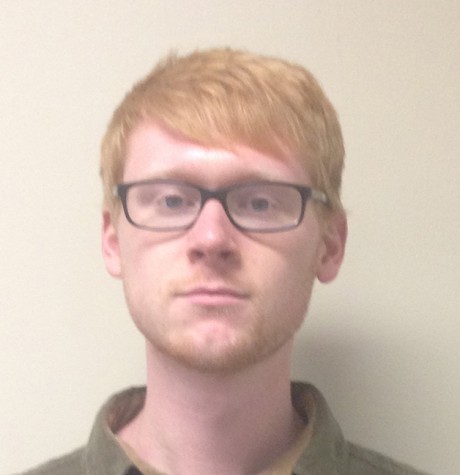Like Father, like Loyola
A student urges Loyola to follow in the footsteps of Pope Francis and open a dialogue about the needs of the student body
February 5, 2015

As a graduating senior, who has spent the last seven and a half years in Catholic-affiliated school systems, I have seen a great deal of positive change in the interplay between faith and intellectual and social development. With the recent appointment of Pope Francis, I cannot help but feel optimistic about the future of Loyola and the new, progressive paths it might follow.
I am by no means a religious person, but Pope Francis transcends religion as a world leader. I have a tremendous respect for the way he comports himself and his unwavering dedication to all people. Pope Francis is a rare breed: one who can maintain humility while holding a position of the highest order. One of the things I respect him most for is the recent synod in October that reviewed the Church’s stance on sex and marriage.
While this may not seem like a revolutionary first step, one must keep in mind the history of the Church and its resistance to change. NBC News reported that The Rev. Manuel Dorantes said, “this is completely new” when asked if the positive view of sex within the Church had ever been discussed so openly. It’s also purported that stemming from this synod, as well as meetings that are scheduled to take place sometime this year with more bishops, the Vatican will address divorce, same-sex couples and cohabitation, according to NBC. Depending on their future official statements, this could be a welcomed revelation that is going to really aid the image of the Church.
Loyola ought to follow the Pope’s lead and start opening up dialogues about sex and sex education. Evolution is a necessary part of any system of thought, and the Vatican is measuring up to our rapidly changing society and culture. The days of shoving celibacy down students throats are numbered. “Natural Family Planning” as a favorable, “natural” contraceptive over condoms or female contraceptives is on its deathbed, rasping its final breaths as science and, quite frankly, common sense put to rest NFP’s efficacy.
I’m not saying that Loyola is doing this to students. In fact, I think Loyola takes a much more ambivalent approach by ignoring this aspect of student life — the “if I don’t see it or hear about it, it doesn’t exist” tactic.
Emerging from this lack of engagement between administration and the student body is a growing dissonance. For my part at least, I would like to see some sort of action by the university to address sex in a similar fashion as Pope Francis with these questions in mind: What are the needs of the student body? And what can we do to make sure our students are safe and educated?
Too often we take for granted that students entering college are educated about sex, when in reality, there are many places in America and outside of it that have truly deplorable sexual education curricula, or none at all. Loyola owes it to its student body to make sure resources are available for their education and safety.
This is not some rallying cry against the university’s administration, but merely a plea from a Resident Assistant of three years and someone who really loves Loyola.
I’m also relatively optimistic that there will be change as soon as Pope Francis continues to dedicate his papal tenure to making Catholicism accessible and accepting.







Ann • Feb 6, 2015 at 9:09 am
Yesterday’s daily Mass readings from Hebrews mentions that no fornicators will enter Heaven. While that certainly cannot be taken out of context or simplistically presented, the Catholic Church is all about a person, Jesus Christ who is God, who reminds us of our final destiny. Natural family planning is all about what is needed for lifelong marriage and virtue in parenting for a healthy society. Many, many people are embracing it these days if only for “green” reasons. They quickly see the many benefits for themselves; although it is no cake walk for some, as they have to learn new virtue to live with. I hope you and your readers will look into this great lifestyle at http://www.nfpandmore.org The beautiful Church teachings on this are preserved for you in an easy question/answer format along with teaching the symptothermal method of NFP. We used these materials in our marriage as nurses and NFPInternational is unparalleled in their treatment of the topic. Blessings on your year!